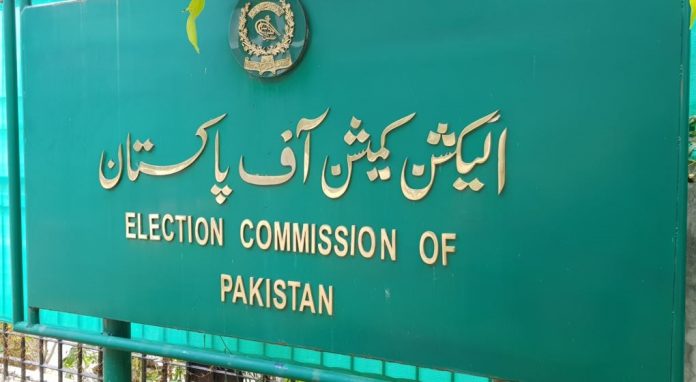
No new case has been found in Banguldero, Pir Bux Bhutto and Lashari villages where 38 people were tested for the disease on Wednesday. So far, 24,568 people from general population have been screened in the area. However, three HIV cases were found in Moro Town on Wednesday.
HIV tests were arranged by DHO Naushehro Feroze at Moro Civil Hospital. Talking to reporters, HIV Section In-charge Dr Abdul Fatah said that 60 people were tested on Wednesday. Three of them, including a woman, were found to have been infected with HIV. Dr Fatah said that the three patients had been referred to Larkana and Hyderabad for PCR and other detailed tests.
Dr Abdul Karim Daheri, MS at Taluka Hospital Moro, said that AIDS was spreading in the area due to quacks, barbers and drug addicts.
Talking to reporters on Wednesday at his office, Larkana Range Police DIG Irfan Ali Baloch said that the Joint Investigation Team (JIT) constituted to interrogate Dr Muzaffar Ghangro had concluded that the suspect was the main source of the spread of HIV in the area. “He is responsible for the spread of HIV in Ratodero. He used the same syringe and infected men, women and children. Cleanliness in his clinic was also found very poor and unhygienic. The Sindh Healthcare Commission had earlier registered a case against Dr Ghangro under Section 324, which now will be converted into Section 322. A challan will be submitted in court. Sufficient evidence has been obtained against Dr Ghangro,” he said.
Locals protest:
Meanwhile, activists of Sindhiyani Tehreek and Awami Tehreek held a protest at Jinnah Garden on Wednesday demanding proper treatment facilities and screening of the general population.
Talking to reporters, Maryam Gopang, Subhani Dahri, Habiban Noonari, Noor Bano Malah, Sajid Mahesar, Mehran Sindhi, Fazul Rahoojo and others said that the Pakistan People’s Party (PPP) had been in power in Sindh for the past 11 years. However, they have failed to do anything to resolve the problems facing the general population.
“People have no other option but to drink dirty water here. They now also face the menace of HIV/AIDS. In 2012, 199 people were diagnosed with HIV in Sanghar. So far, 104 of them have died of the disease,” they said.
The protesters said that the people should be screened for not only for HIV, but also for Hepatitis B, C and D. “The government should take immediate steps to close down illegal clinics, blood banks and laboratories across the province. Dental clinics are also spreading HIV and Hepatitis in the area,” they said.
Health minister meets HIV experts:
Sindh Minister of Health and Population Welfare Dr Azra Pechuho met with a visiting World Health Organisation (WHO) delegation on Wednesday in Karachi.
The delegation had arrived in Pakistan on Tuesday to investigate the recent HIV outbreak in Larkana, Sindh. The meeting was attended by officials of WHO Pakistan, UNAIDS, UNICEF, UNFPA, USAID and other international local organisations and officials.
WHO will be helping the Sindh Health Department to find the root cause of the outbreak through a geographical mapping process and providing the HIV treatment kits for the affected children. The delegation will also be helping the Department of Health plan a way forward for the diagnosed patients in the area. Larkana currently has four hospitals for HIV treatment and several screening camps across the district. The WHO team will be working closely with these hospitals and the field teams currently placed in the Larkana district.
The Health minister along with the WHO delegation and the UN partner organisations will reach Larkana on Thursday (today) to begin the field work. The Health department, WHO and the UN partner teams are very eager to work together to eradicate HIV and provide treatment to the affected population as soon as possible.











